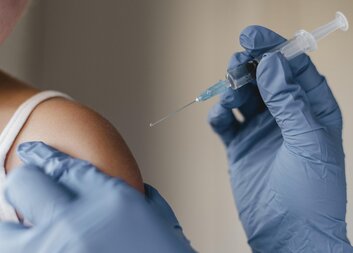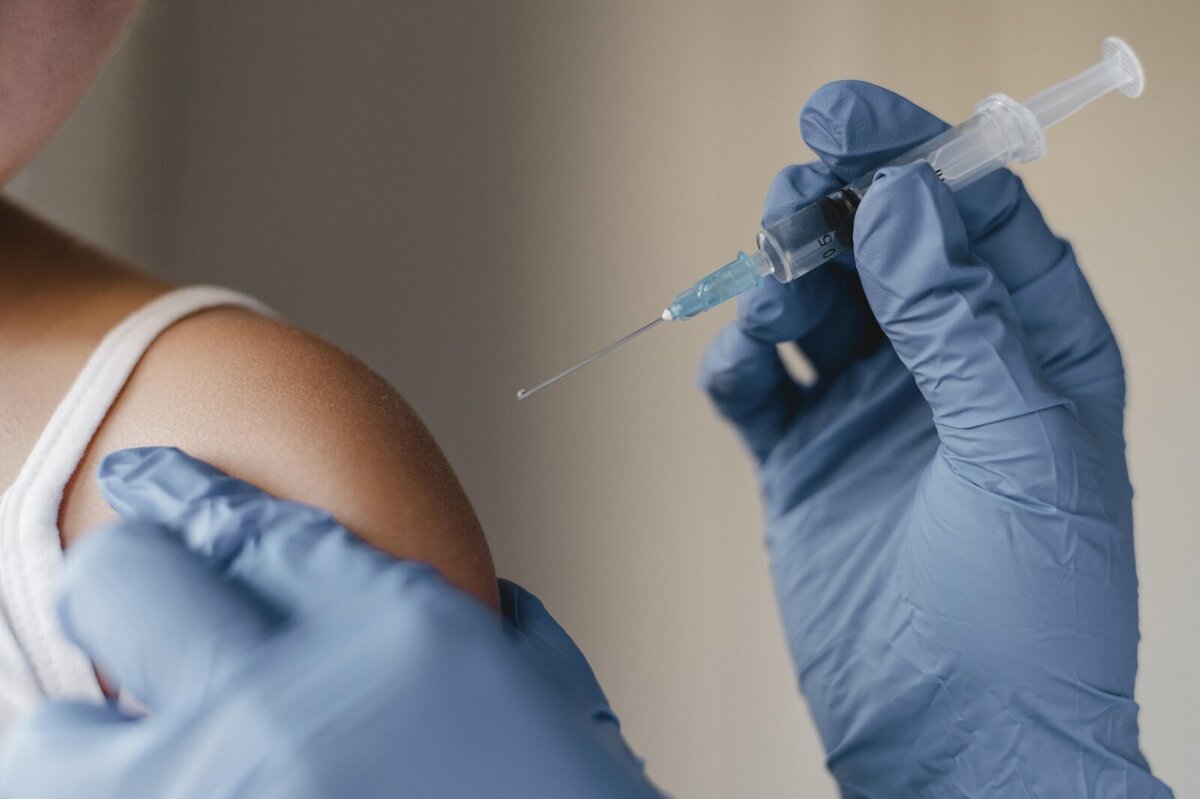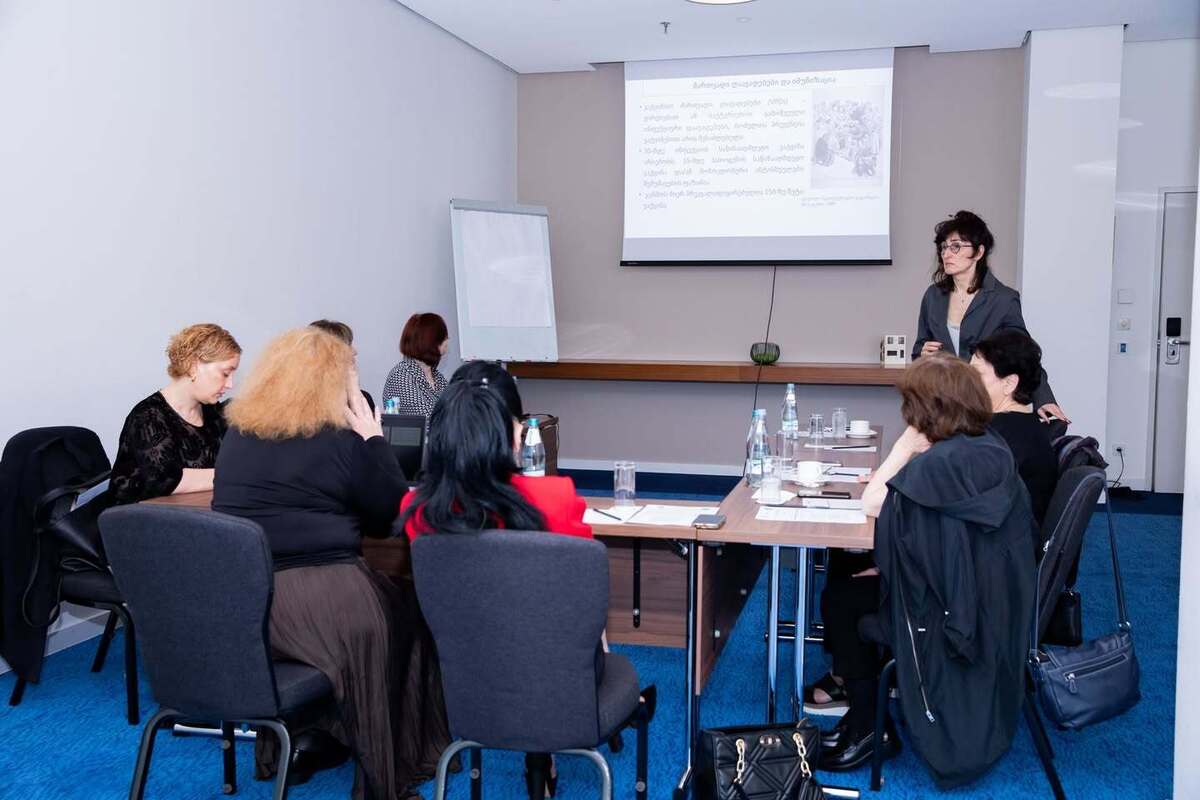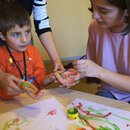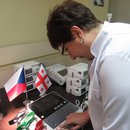In response to alarming declines in childhood vaccination rates in parts of Georgia, Caritas Czech Republic, with the support of UNICEF and the Government of the Republic of Korea, has launched a comprehensive project aimed at improving immunisation services and public awareness in Rustavi, Marneuli, and Gori.
Project aims to raise awareness and trust in vaccines
The project, which runs from April to December 2025, seeks to strengthen the capacity of primary healthcare facilities and maternity hospitals in the three target municipalities. Through technical assistance, training, and system improvements, the initiative will help ensure that more children receive life-saving vaccines on time and in a safe, trusted environment.
The first significant step in implementation has already been taken — a Training of Trainers (ToT) session was successfully conducted on vaccines counter-indications and side effects. The training focused on strengthening knowledge and practical skills around vaccine safety, handling adverse events, and improving communication with caregivers, particularly in communities where mistrust and vaccine hesitancy are on the rise.
Routine vaccination is one of the most effective public health tools available. It protects children from potentially deadly diseases, reduces the risk of outbreaks and helps build herd immunity, safeguarding those who cannot be vaccinated due to medical conditions.
Beyond the ToT, the project will develop standard operating procedures (SOPs) for vaccine delivery and safety monitoring, conduct ongoing supportive supervision visits, and provide additional training for healthcare staff in communication strategies related to immunization.
In parallel, a public awareness campaign will be designed and rolled out to counter disinformation and promote scientifically accurate, accessible messages about the importance of vaccines. The project also aims to improve digital systems by updating the immunization module used by healthcare facilities, refining the electronic invitation system, and developing a robust analytical tool to monitor trends and guide decision-making.
Ultimately, the project aims to restore trust, improve service quality, and ensure that no child misses out on protection against preventable diseases due to fear, misinformation, or lack of access.

